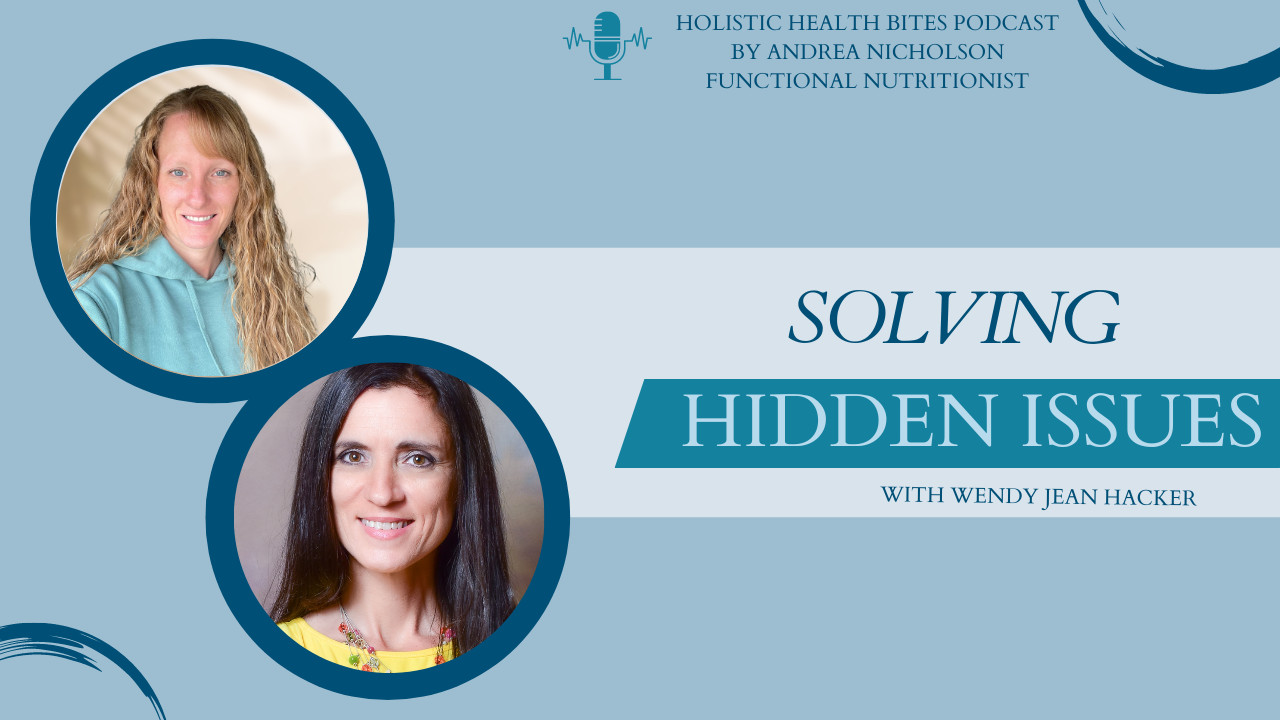
Gut health and blood sugar management are key to health
In my practice, my top two priorities with my clients are gut health and blood sugar management. They may seem unrelated, but they truly do impact EVERY aspect of your health. This is not just about overt digestive symptoms or Diabetes.
Your gut is home to trillions of bacteria, both good and bad. This microbiome plays a crucial role in your overall health, from digestion and absorption of nutrients, to blood sugar regulation, immunity, and even your mood. When the balance of good to bad bacteria is off, it can lead to all sorts of problems. If your digestive system is not functioning properly, you can’t properly break down your food or absorb those great nutrients. This can cause a whole host of symptoms like bloating, gas, undigested food in your stool, diarrhea, headaches, joint pain, swelling, and fatigue.
But blood sugar management is also key to optimal health. Poor blood sugar control can lead to a host of issues, including diabetes, weight gain, heart disease, hormone imbalances, poor stress handling, sleep disturbances, and even reduced wound healing. Blood sugar is not just a consideration when it comes to Diabetes – but actually relates to every system in the body – cardiovascular, muscular, bone health, brain health, vision, hearing, energy and metabolism, liver and kidney function, and so much more. This is a hidden gem that everyone needs to pay attention to! Blood sugar dysregulation can also fuel increases in body fat (specifically belly fat) that can contribute to inflammation, hormone imbalances and poor stress handling.
How are gut health and blood sugar imbalances remedied?
Fortunately, there are simple steps you can take to support your gut microbiome and maintain healthy blood sugar levels through diet, lifestyle, and proper supplementation.
A healthy diet includes prioritizing sufficient quality protein, adequate healthy fats, and focusing on non-starchy vegetables while limiting starches, sugars, and refined carbohydrates. This type of diet will not only minimize blood sugar spikes, but will also provide adequate fiber to feed your gut microbes! This type of diet should also include adequate intake of essential fatty acids that can combat inflammation, help to nourish the brain and provide the types of fat we cannot make ourselves.
A healthy lifestyle should include considerations for sufficient quality and quantity of sleep, good sleep habits, stress management techniques (meditation, yoga, breathing exercises), physical exercise, doing things that bring you joy, getting physical touch from those people and pets you love, and having enough time to rejuvenate. We also want to consider all types of stressors in our lives – toxins, infections, past emotional or physical traumas, consumption of food sensitivities, and even lack of passion in your life.
Supplementation can be greatly beneficial to support the endocrine system (hormones), the HPA axis (hypothalamus-pituitary-adrenal axis), digestive function, vitamin or mineral deficiencies, microbial population, and/or inflammation as needed. The best way to know what supplements you really need is to test. Having too much of something can be as detrimental as having too little, so it’s best not to guess!
We have to approach living a healthy life from a holistic perspective. It’s not just about losing weight or ending one particular symptom. The human body is like a spiderweb – if you pull on one little piece others get out of alignment. Of course, it works both ways – when you realign one area, others can fall in line too. We just need to identify the imbalances, implement a plan to correct the imbalances, then iterate for a lasting plan of action. We start by examining gut health and blood sugar management.




















0 Comments